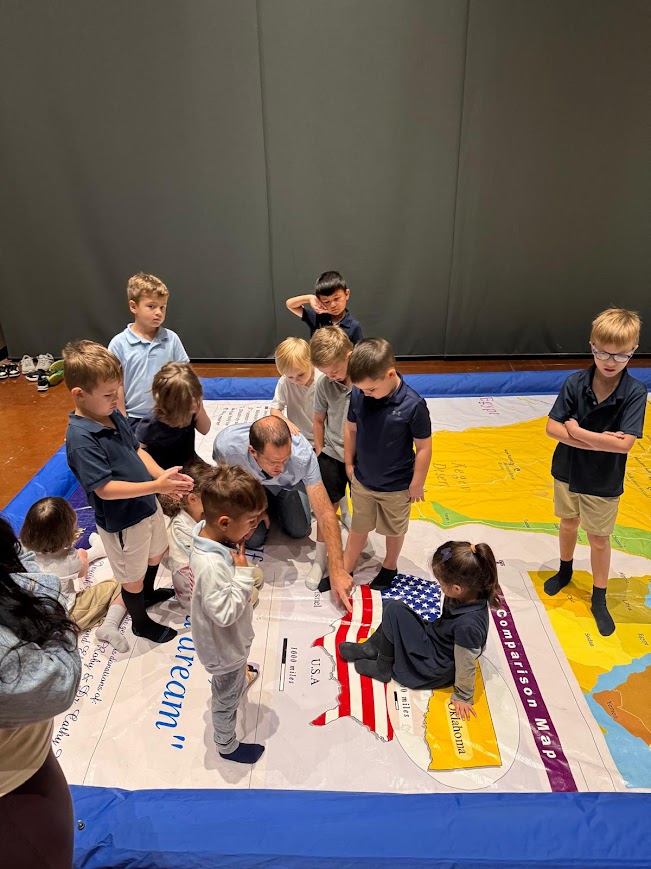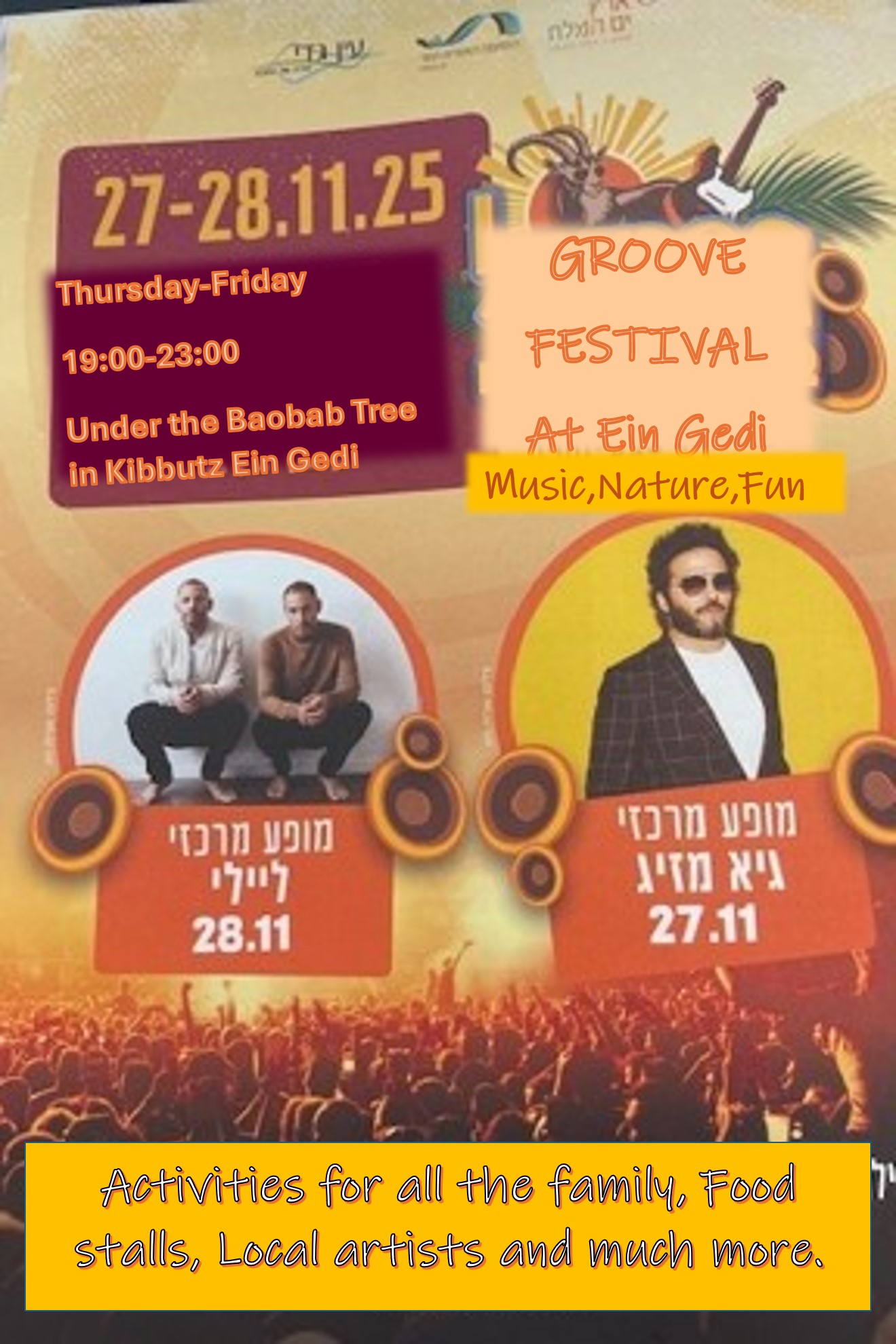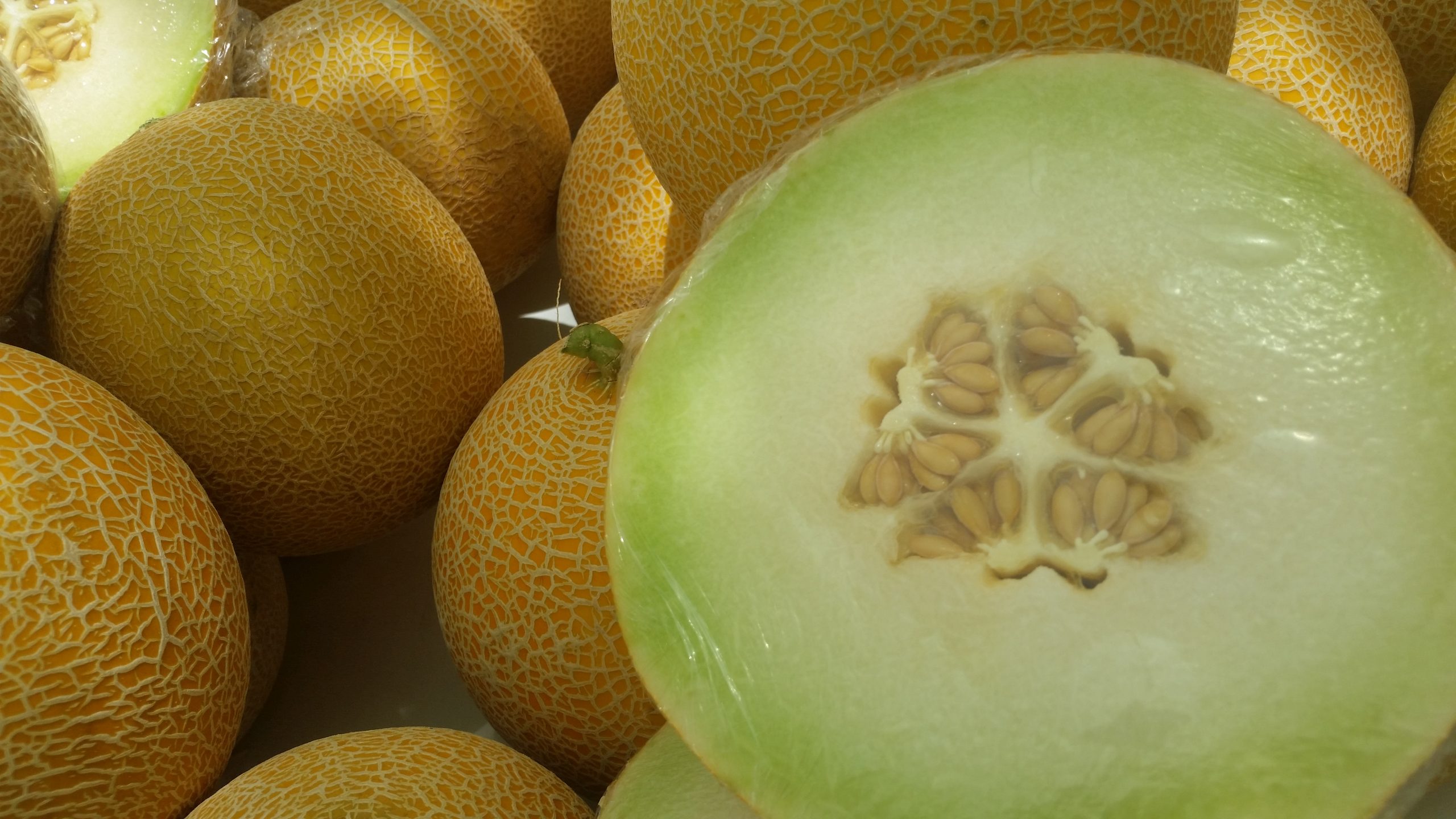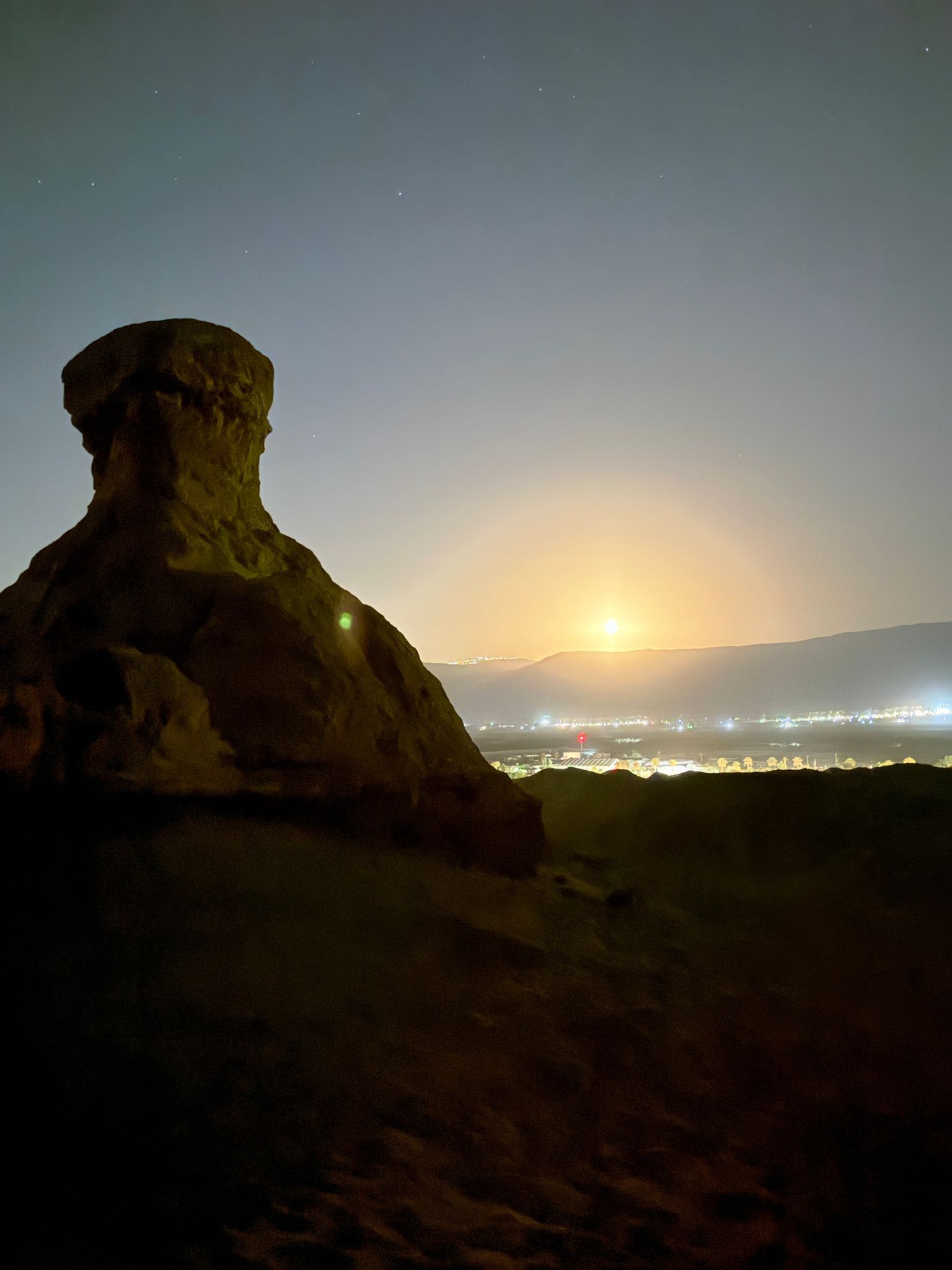WHO, WHY AND WHAT LOVES THIS REMOTE LOCATION
Would you live in extreme climate temperatures, arid desert, remote location, lowest point on earth? Not an easy challenge, but there are those that crave the peace and quiet, the unique natural environment. Read on to see who lives amongst us …

For 67 years the southern region of the Dead Sea has been growing and developing both demographically, agriculturally and industrially. Slowly but surely, businesses have established themselves, farmers have cultivated the dry, desert terrain with astounding success and people have come with their families to work and raise their children. All this has enabled the education in the area to be enriched, the municpal services to be better than ever and the communities spirit to strengthen and flourish. The families/residents stories are varied: personal, inspiring and emotional.
Avi and Ben, born in Ein Gedi, travelled the world, married and set up their families in Ein Gedi, have now shown the kibbutz members how entreperneurship is, not only a possibility but also a profitable and enjoyable way to live in this remote corner of the world. Click on the link below to read the article from ISRAEL 21c.
https://www.israel21c.org/camper-vans-bring-hippie-culture-to-a-dead-sea-visit/
EIN TAMAR x 2 – Shlomi Vakrat and Eldad and Ataliya Pinto
EIN GEDI x 2 – Hani Maidlik
HAR AMASA – Yonat Mordoch
Yonat Mordoch from Har Amasa abandoned a career in which she was required to be confined within the walls of the laboratory in favor of the freedom of researching medicinal plants from nature. The decision to change a profession and recalculate a career path is not a trivial matter. This is a brave step that requires patience along with courage and is intended to give real freedom to the person who chooses it.
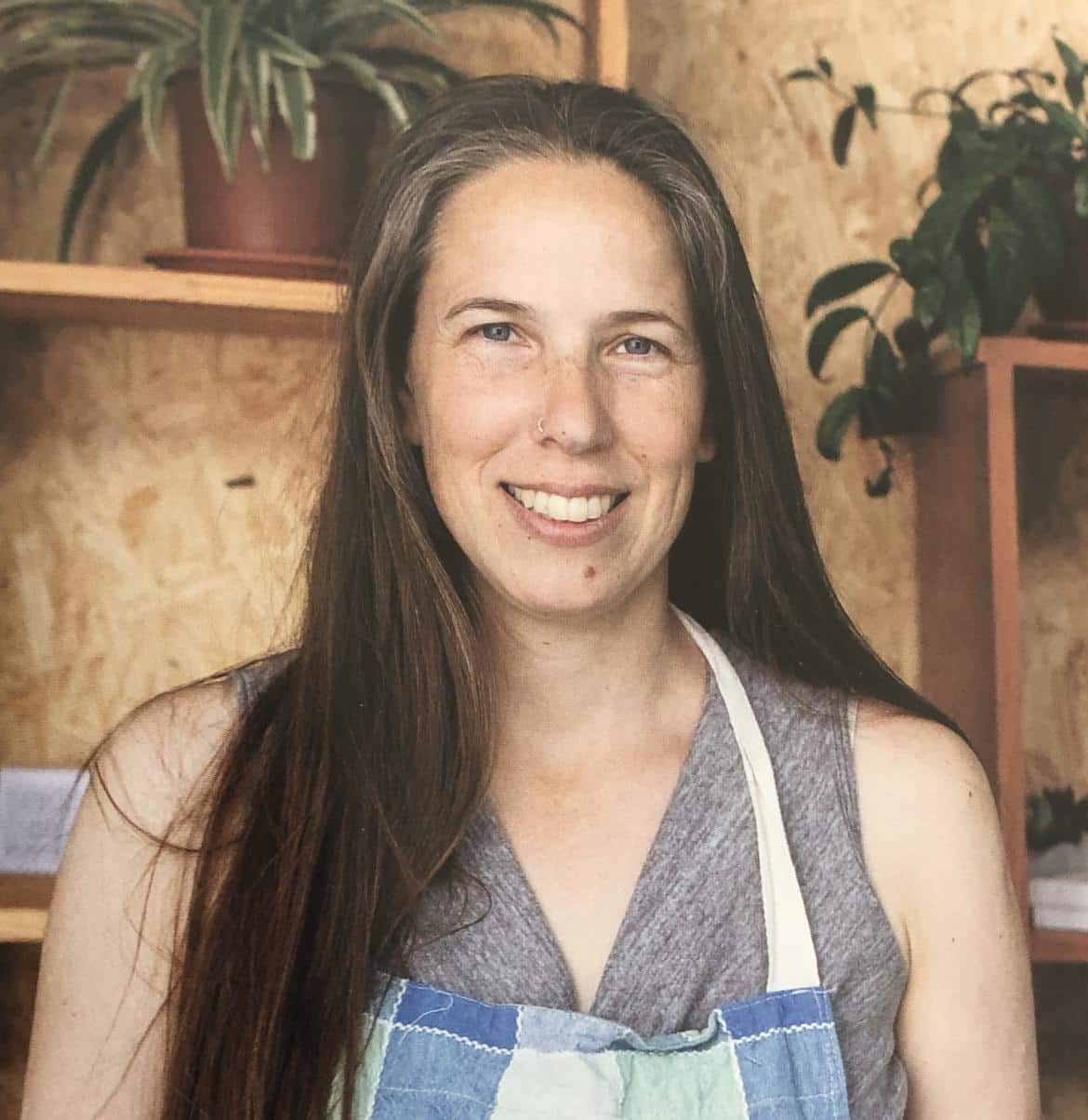
Yonat Mordoch
Yonat is 45 years old, in a relationship with Gabi and mother of two daughters. She is originally from Tel Aviv, but she describes herself as someone who has never been connected to urban life. Yonat had known all her life that nature was calling her. It just took her a little time to discover the correct concept for her. After studying at university where she was required to use chemicals and experiment on animals, Yonat decided to make a change to her life. Moving to the southern Arava region she spent time learning from nature in its rawest sense. After a few months, she travelled to the far east and her journey was rewarded with great mental and physical health, thanks to the medicine healers that she met on her way. Returning to Israel, Yonat knew she had to establish herself with the natural environment of Israel and together with her family they moved to Har Amasa, and set up a craft desert house and workshops for natural and traditional pharmacy in the nearby town of Arad. The family live a life of freedom, walking barefoot through the community, their children freely go to the parks and play areas with no fears or worries. They built their environmentally friendly home with love and consideration for the future and are part of the fight against wind turbines in the area. When asked if Yonat sees her long term future at Har (Mountain in Hebrew) Amasa, she replied:
“We really have a charming and welcoming life here, with an emphasis on a community that is hard to find elsewhere. It’s fun to see how more and more new families are joining this essence of life.”
EIN GEDI – Merav and Halil
Only about a year and a half ago, Merev and Khalil came to Kibbutz Ein Gedi. Since then, the talented couple has had time to become full-fledged teachers at the Bikorim boarding school and to establish their own art studio and most importantly – to give themselves real artistic freedom against the backdrop of the desert landscapes
Creative freedom is one of the most important things for artists of any kind, as this is a population that needs a sense of liberation and well-being, just like air to breathe.
This is a major reason that led the couple, Marev and Halil, to move their lives in the summer of last year to the districts of Kibbutz Ein Gedi, where the two found a real inheritance and a place where they manage to express their artistic talent in the optimal way.

Merav and Halil
Originally from Tel Aviv and Jerusalem, the couple met during their University studies about ten years ago. Not only their love for each other blossomed at that time but also their passion for their art grew and is continuing to grow stronger and stronger. Halil discovered his passion after his military service and whilst studying dance. In his spare time he would sketch until he decided to take a course in charcoal art and this opened up his whole world. Merav has always know her passion. An introvert as a young child her art gave her the opportunity to express herself. About 18 months ago the couple decided to move their lives to Kibbutz Ein Gedi. An opportunity had arisen in the Bikurim boarding school to teach art and guide the students in the fields that they themselves so love. They teach sculpture, painting and creative thinking. The students are amazing, says Merav, and a true artistic community has imerged at this remote location. When asked how they have acclimatized themselves to the Ein Gedi community, the reply was simple: “We both fell in love with this community and have met some really good and kind people. The nature and area has such a lot to offer; freedom, time and peace. We are able to work not only with the children but on our own projects that feature at the Israel Museum, currently running an exhibition called ‘Mitzi Mera’.
Halil says “It’s good for us together, but each of us also has real freedom here and the possibility to find our own place. This may also be the secret of the magic of this place.”
NEOT HAKIKAR – Liali Melman
Imagine a chilid who comes home from school happy, and when you tell him that tomorrow is a family vacation, he fights with you, because he doesn’t want to miss what’s happening at school.
Imagine a place that looks at your child and sees his/her strengths and nurtures them, empowers them and shows them the places where she needs to improve and does the process with them.
Imagine that on Parents’ Day you don’t hear about the unrealized potential, you hear about the amazing progress.
Imagine less “creations” that you are just waiting for the moment you can throw them in the archive, which is the trash can, and more about crafts that are a long process that gives our children tools and skills, that the product is so beautiful, that you just want to be proud of and show it off to others.
Imagine that all the values that are important to you, such as caring, equality, the ability to choose, critical thinking, evil (where has this word gone…?) the children absorb in a daily and practical way at school.
Sounds illogical, almost absurd, must be happening in such a successful country… New Zealand.
No, it happens here too. Initiatives are slowly popping up in Israel at different points. It usually starts with some parents who are no longer willing to compromise, parents who may have realized that what was true for the industrial revolution (then they established the schools as a solution for children so that the parents could go to work in the factories) is no longer true for Israel 2023. Sometimes it is the head of a council or the director of the education department who looks about the skills required in our day, examines what the school graduates leave with and realizes that there is nothing to be done about it…
Today, when a young couple decides where to settle, before examining the proximity to their workplace, they examine the education system, where their children will receive the best (by the way, the best can be all kinds of options) and so authorities that are looking for how to bring young couples, especially councils located in the perphery and especially with the extreme climate conditions, simply make the changes to education or allow alternatives to state education, suddenly receive incredible waves of positive immigration that includes quality and stable couples.

Leili Melme
Small classes are definitely something to be proud of, but it’s really not enough. You have to muster the courage to learn and get to know educational methods that can serve as inspiration: dialogical education, forest education, democratic education, Montessori, anthroposophical and, of course, Reggio Emilia.
To find educators who want to move and deliver change, who are ready to stop being the only source of knowledge and become skilled in maintaining a framework that enables learning. Those who are not afraid of learning in the spaces of life, and life is not a classroom with four walls and a blackboard however elaborate it may be.
Those who believe in place-based learning – who are willing to examine the concept of place – which consists of geographic location, but also culture, history, economy, environment, challenges, and especially people. People who feel empowered when they empower and not only when they speak, who see a child as a little person with rights, wonderful thoughts, ideas and many times, also quite a bit of knowledge and are not threatened by it, but excited by it.
We strive to teach those people, to establish a center that trains and accompanies the educational team, that gives them a place to ask questions, to face challenges together. A place that is a seminary for a different kind of education. A place that also allows parents a glimpse into the worlds of education and other approaches, which gives parents tools to continue the framework if they wish.
Just a place. This is what we all need. Both adults and children.
The author Lieli Melman, is the manager of the field of educational walks at the Society for the Protection of Nature, a resident of Neot HaKikar.
EIN TAMAR – Shomi Vekrat
A heart-to-heart conversation with Shlomi a farmer with every inch of his being and who proves for his part that freedom is found in tilling the land.
One of the cornerstones of the Dead Sea region and the Tamar Regional Council has always originated in local agriculture. Despite the geographical distance and the weather challenges that characterize our region, date farmers manage to maintain a high motivation and a desire to contribute their part to the beautiful land in which they live.
Such is Shlomi Vekrat, a resident of Ein Tamar since 2005, married to Einav and father to three children. While some define him as a farmer in every inch of his being he is in fact just that farming/agriculture in is his blood. In the past he grew peppers, melons, watermelons and dates on his own farm, while for the last 6 years he has been playing an extremely important role as the operations manager at the R&D centre dealing with ongoing maintenance and development of Agricultural crops of different types.
“Agriculture in our region is very challenging,” Vekrat points out in a conversation with him. “This includes extreme heat along with the salinity of the soil and water. On the other hand, there are also advantages in the high temperatures that make the winter season here warmer than in other places, which allows fertile soil for the benefit of various crops in the winter season.”

Shlomi Vekrat
The farmers in Israel in general and in Tamar in particular have gone through difficult years. “The right to existence of the Sodom Square settlements, to which I belong as a resident of Ein Tamar, rises and falls on agriculture. It is true that the number of farmers has decreased in the area over the years, what’s more, we face bureaucratic difficulties that come from the state, such as importing fruits and vegetables from foreign countries, a lack of working hands and high taxation on foreign workers. At the same time, we manage to produce agriculture on an extraordinary scale.”
In recent years, Shlomi, as part of his work at the R&D centre, has been entrusted with the maintenance and development of various types of agricultural crops.
According to him: “My friends and I help farmers find solutions to problems that arise. Together we try to find new crops and avenues that can help farmers in the region develop beyond the traditional crops. For example, we are currently holding an experiment for artichoke and pineapple crops, which have never been done here. The attempt is to adapt the these crops to the climate and the challenging environment that characterizes the Salt Sea, while finding the unique advantages of the region for these crops.”
“Farmers are a precious community that I love and appreciate very much. It is important that we all remember that the State of Israel needs a thriving local agriculture. Despite the significant difficulties that exist in our region, the farmers here are made of special material. I can only say that we at R&D are doing everything to help them at any given moment”.
“The central mission of the council and our settlement must be focused on strengthening the trend of development and absorption, combined with a construction boom and finding sources of employment for the residents here, so that they will have a real opportunity to enjoy prosperity and growth.”

